Users who book airline tickets, hotels, and tours online, if not careful, will be scammed by scammers, lose money but not be able to buy tickets or use services.
Data released by the Global Anti-Fraud Coalition in 2023 shows that Vietnamese people lost nearly 16 billion USD to online fraud, out of a total of 53 billion USD globally. High smartphone usage creates a favorable environment for new online fraud activities to emerge. Travel services are among the most popular digital resources accessed by people, from searching for information to booking travel services online. These factors contribute to the increase in digital fraud.

Fraudsters use many sophisticated scams to trap users. Photo: Viet Nga
During peak periods such as holidays or tourist seasons, the demand for air tickets and hotels is high. This is the time when criminals take advantage and commit fraud against unsuspecting victims.
Accordingly, taking advantage of the gullibility of customers, scammers post advertisements on social networks or send them to email addresses about promotional fares, cheap fares, and affiliate programs with attractive discounts... These subjects take full advantage of the anonymity feature to announce rewards for using free services, or impersonate employees of airline ticket and hotel providers to introduce attractive promotional programs. There are even cases of forging brand names and addresses, making trusting customers ignore the differences.
After consulting the service, these subjects asked customers to transfer money to their personal bank accounts to reserve seats. With some low-value tickets, the scammers initially confirmed the tickets for customers to create trust, when the deposit was higher, they would cut off contact.
With the rapidly increasing number of scams, customers need to be cautious when encountering people asking for personal information, including passwords, offering tours, airline tickets, hotel reservations at unusually low prices... In this case, users should always check official accounts or contact directly to ensure legitimacy, avoiding providing personal information to strangers.
Online travel platform Traveloka recommends that customers only book air tickets, hotels or entertainment tickets, tours, and make payment transactions on the official websites and applications of travel agencies. "Legitimate travel companies or agents will not ask customers to provide one-time passwords, OTPs, or click on links to provide personal information or account details," a Traveloka representative said.
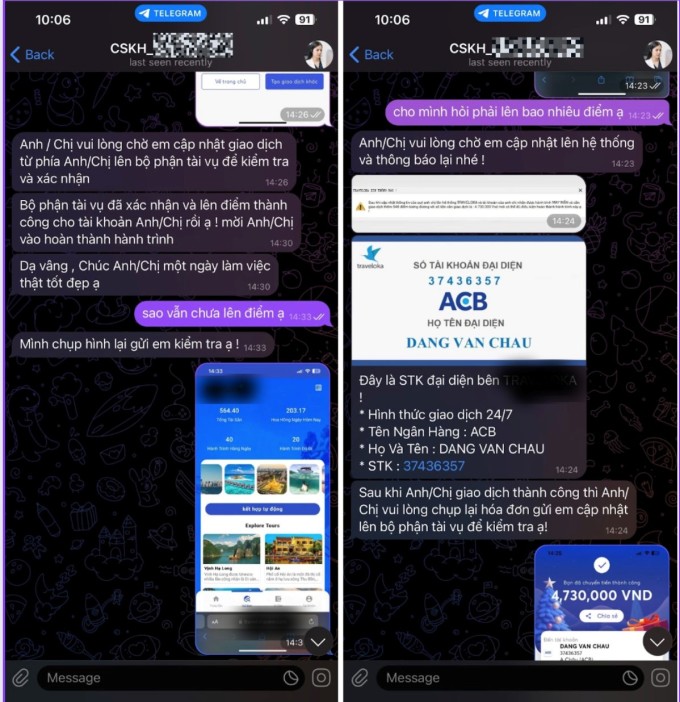
Fraudsters impersonate employees of travel agencies to commit fraud in many sophisticated ways. Screenshot
In addition to the above impersonation tricks, another common scam is to advertise visa services abroad, guaranteeing a high success rate and promising a full refund if unsuccessful. Creating fake websites of reputable travel agencies and companies is also a trick to create fake receipts and invoices, convincing victims to transfer travel expenses. After payment, the perpetrator may withhold information, refuse to refund the victim, or disappear.
Therefore, travelers should take the initiative to protect themselves from online scams. Be cautious and vigilant, especially when it comes to advertisements that promise surprisingly low prices or deep discounts. This will not only reduce the risk of falling victim to scams, but also improve digital literacy in today’s connected world.
Thanh Thu
Source link


![[Photo] Prime Minister Pham Minh Chinh receives Deputy Prime Minister of the Republic of Belarus Anatoly Sivak](https://vstatic.vietnam.vn/vietnam/resource/IMAGE/2025/4/2/79cdb685820a45868602e2fa576977a0)

![[Photo] Prime Minister Pham Minh Chinh receives CEO of Standard Chartered Group](https://vstatic.vietnam.vn/vietnam/resource/IMAGE/2025/4/2/125507ba412d4ebfb091fa7ddb936b3b)

![[Photo] Comrade Khamtay Siphandone - a leader who contributed to fostering Vietnam-Laos relations](https://vstatic.vietnam.vn/vietnam/resource/IMAGE/2025/4/3/3d83ed2d26e2426fabd41862661dfff2)
![[Photo] Special relics at the Vietnam Military History Museum associated with the heroic April 30th](https://vstatic.vietnam.vn/vietnam/resource/IMAGE/2025/4/3/a49d65b17b804e398de42bc2caba8368)








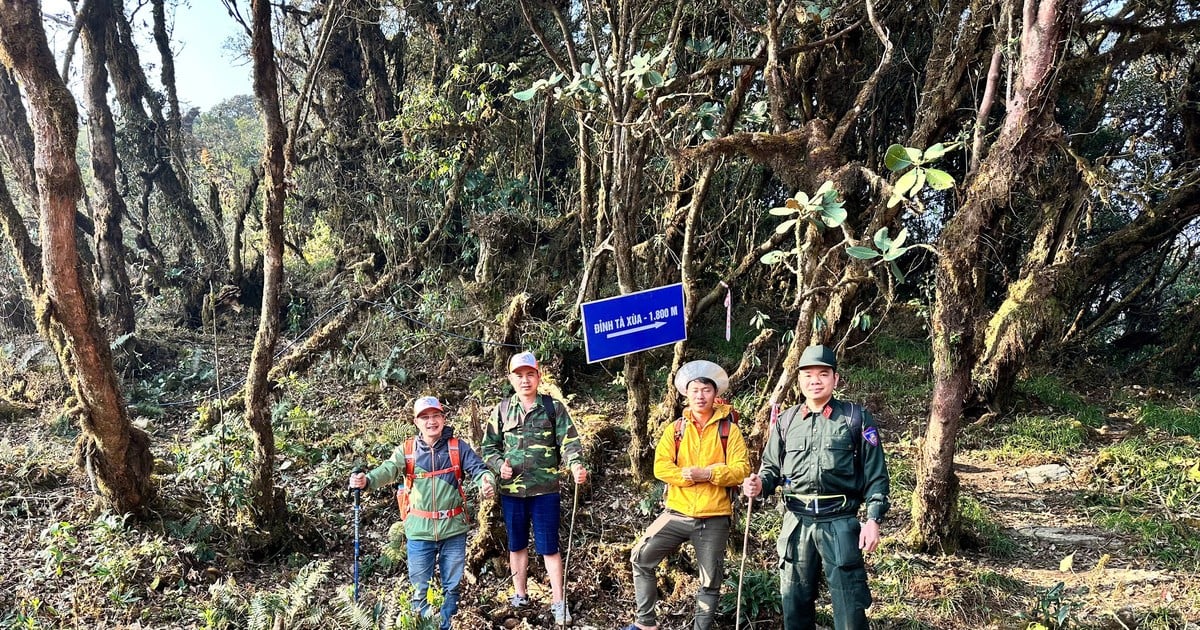
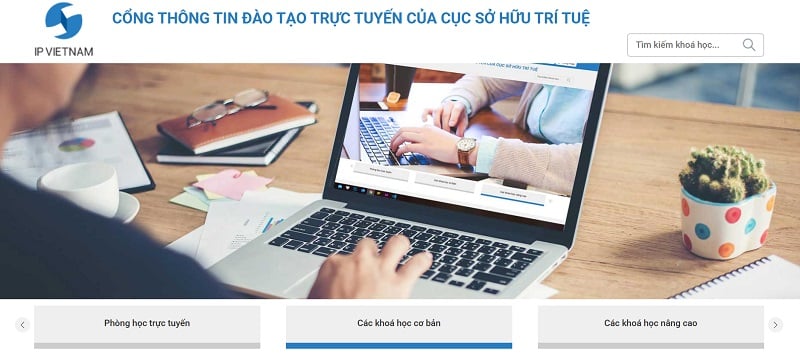
![[Video] Son Cha: The mysterious pearl island of the "livable city"](https://vstatic.vietnam.vn/vietnam/resource/IMAGE/2025/4/2/d2546dc4da6a48ac9eaebf25d62ae7a8)












































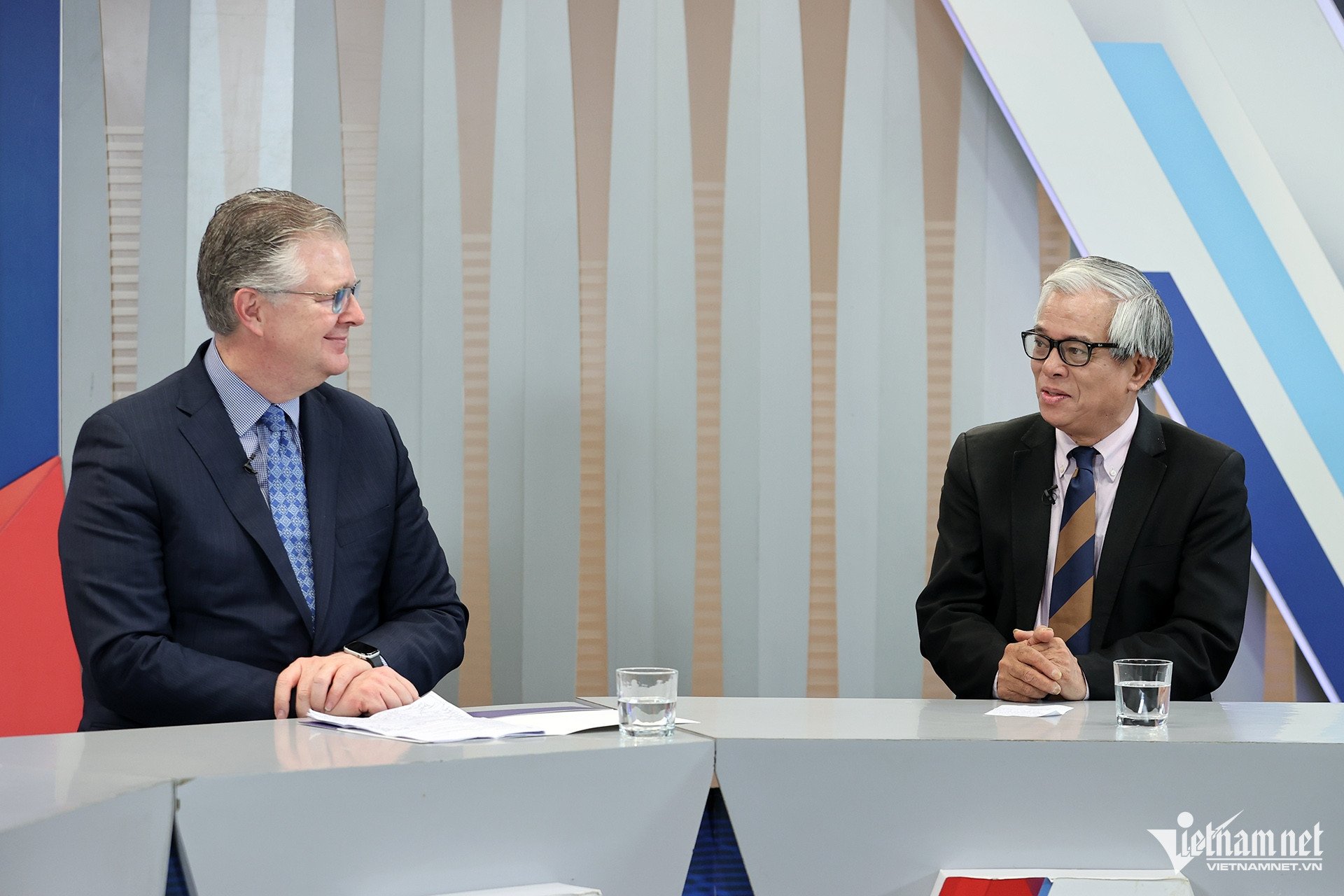


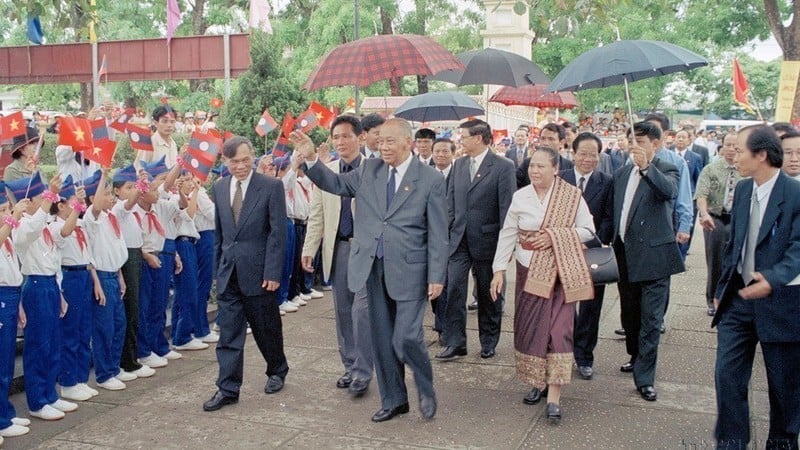












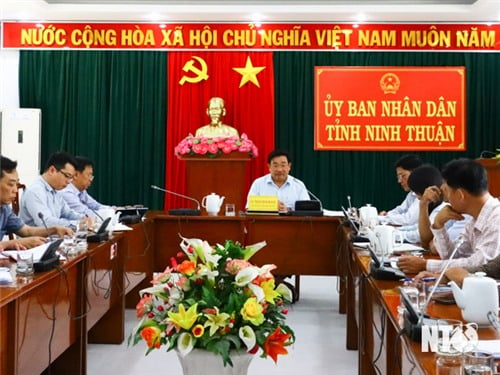


















Comment (0)